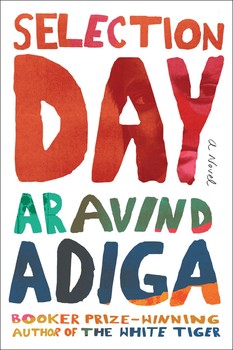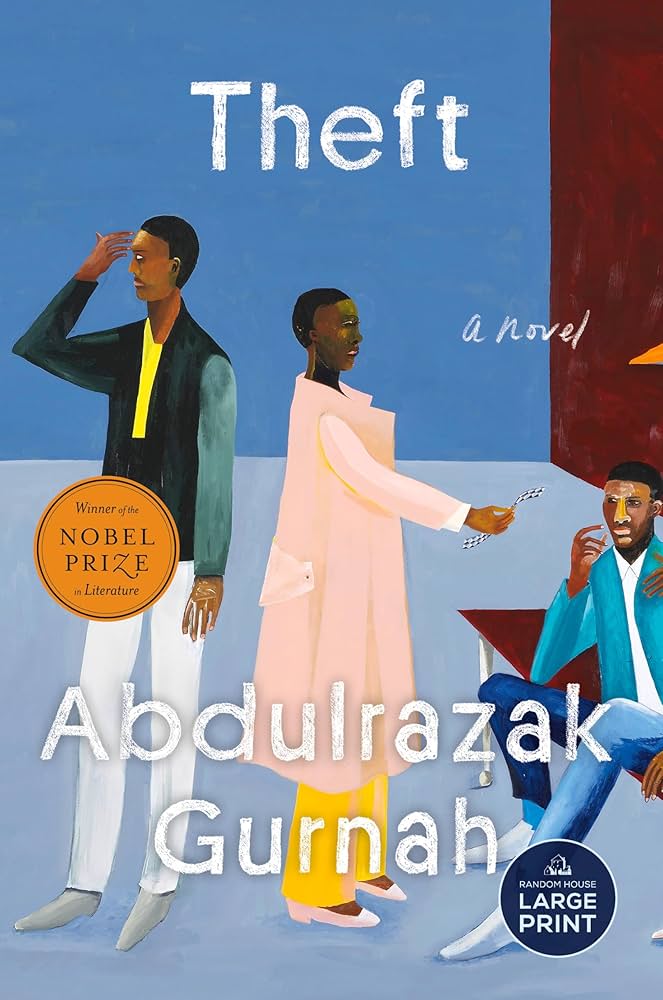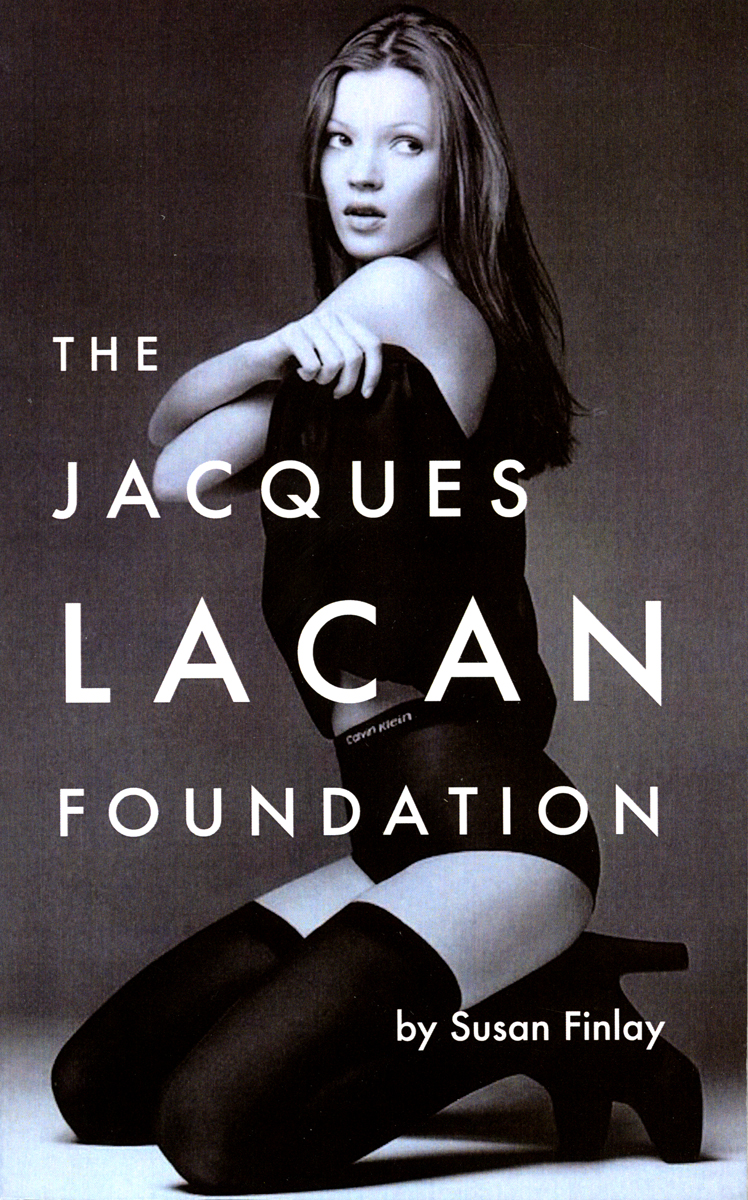Our Friday Reads for April travel the world—from cricket practice in a Mumbai slum to a flower stall in New York City, and from the Balkans after the breakup of Yugoslavia to Algiers after the war of independence. Meet the men and women who bring these places to life through their struggles, aspirations, and survival.
Recommended: Selection Day by Aravind Adiga, Women of Algiers in Their Apartment by Assia Diebar, and Heritage of Smoke by Josip Novakovich
Selection Day by Aravind Adiga, recommended by Niko Pfund (Board of Directors)
After having never been to India for the first 45 years of my life, my work has taken me there several times a year for the past five years. This travel has rekindled in me a desire to learn more about other countries through literature, first prompted years ago in college by an enthusiasm for the Polish journalist Ryszard Kapuściński’s work. During my last trip to Delhi, a friend gave me Aravind Adiga’s new book, Selection Day, which covers a rich stew of subjects—family relations, sexuality, cricket—in a sparse 300-odd pages and was an easy read to boot. My daughter and I have been playing a parlor game off and on for a couple of years whereby we imagine the syllabus for a course called “Short Books,” which would include only books which in retrospect seem like they should be longer than they actually are, given how much ground they cover. So: J.M. Coetzee’s Disgrace, Junot Diaz’s The Brief Wondrous Life of Oscar Wao, Toni Morrison’s Sula, Cormac McCarthy’s The Road, To Kill a Mockingbird. (I’m reminded of an editorial director friend of mine who for years had been preaching the mantra of “short books about big ideas” was once given a mug by his editors that read “Big Books about Small Ideas.”) While I liked Selection Day, it hasn’t stayed with me in the way that Adiga’s first book, White Tiger, did, which would make the “Short Books” list and is about a driver who, offered the opportunity to change the economic trajectory of his family for the better by opportunistically murdering a profoundly unsympathetic character, does so and gets away with it, leaving the reader (well, this reader at least) troubled by his relief that our hero does not get his come-uppance.
Women of Algiers in Their Apartment by Assia Djebar, recommended by Nayereh Doosti (Editorial Assistant)
A clever allusion to Delacroix’s Oriental painting of the same title, Women of Algiers in Their Apartment is a collection of poetic short stories that offer vivid fragments from the lives of Algerian women across generations. These honest portraits of women, spanning from Algeria’s war of Independence to its socialist revolution, demonstrate how women’s issues tend to be easily swept aside in political movements that would never succeed without their active contribution. Sarah, the protagonist of the title story, is an independent and modern woman who struggles to fathom her anxiety and responsibility for the past and future generations of her countrywomen: those who suffered and lived silent lives, like her mother; and those who will be born into the unknown future of her country. Much like Djebar herself, Sarah sees in storytelling a powerful outlet for breaking the centuries-long silence of women’s sufferings: “There is only one way to unblock everything—talk without stopping about yesterday and today, talk among ourselves in all the women’s quarters, the traditional ones as well as those in housing projects and look. Look outside the walls.’’ A sensory and pictorial study of individual women’s emancipation, this book is a must-read for anyone interested in women’s role and participation in nationalist projects.
Heritage of Smoke by Josip Novakovich, recommended by Kaitlin Solimine (Book Reviews Contributor)
Josip Novakovich’s short story collection, Heritage of Smoke, is like a bar filled with patrons telling ghost stories, in a literal and figurative sense. In each story, people are struggling to reconcile what they know with the “official” version of events. In settings as diverse as Serbia, New York, Croatia, and Wyoming, Novakovich’s characters reach out to catch history’s sweep—yet as they do, “truth” as they thought they knew it, is gone, leaving only incongruities. In “Dutch Treat,” a Bosnian flower vendor in New York City claims to recognize Martin, a Dutch former UN peacekeeper from the contingent that failed to protect Muslims from Srebrenica massacre. Martin, who sees the encounter as a chance to atone, insists on giving the Bosnian $10,000. They meet a few times, then the Bosnian disappears. After the World Trade Center collapses, Martin is arrested and jailed. The flower vendor funneled the money to Mohammed Atta, a plotter of the attack. Unpunished for his peripheral involvement in one crime, he is punished for another.
Jovan, the title story’s protagonist, learns from a cousin, Danko, that their uncle committed suicide, and they’re heirs. Waiting for Danko to bring his inheritance, he starts smoking again, as does Danko. “We don’t exist in time but between time, a nothing sandwiched in dual infinities,” he ruminates. The money improves their lives, but neither can stop smoking. “I enjoy feeling that I am ashes going to ashes,” Jovan tells his cousin.
In “Be Patient,” a Croatian girl is dying from an American imported vaccine, a supposed sign of progress. Her father even bribes the doctor to save her. Facing gunfire was easier than watching his daughter die: “The mix of hope and fear only increased his dread.” After her death, his lone solace is to build a doghouse and take in a stray dog because he promised his daughter one.







